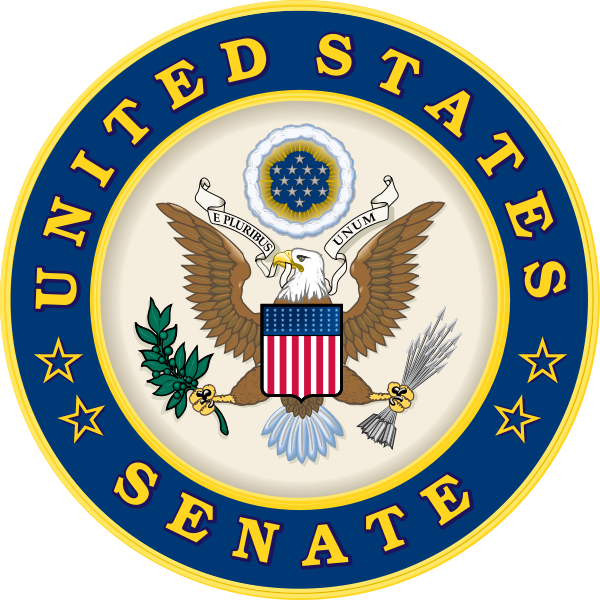
The Democratic-led U.S. Senate found itself in the throes of passing a crucial $1.2 trillion government funding bill on Friday, following its approval in the House of Representatives, which
sparked dissent from a staunch Republican in the House. The Senate faces a pressing deadline, with mere hours left before midnight (0400 GMT Saturday), to prevent the closure of vital departments such as the Department of Homeland Security, Internal Revenue Service, Justice Department, Treasury, and State departments.
Amidst this urgency, the Senate initiated a procedural vote on Friday, while lawmakers negotiated behind closed doors to navigate the intricate rules of the chamber, aiming for a swift passage of the bill. This development signifies a pivotal stride in resolving a prolonged six-month dispute over the extent of Washington's expenditures for the fiscal year starting from October 1. Credit rating agencies have cautioned against the ramifications of recurrent brinkmanship, highlighting potential risks to the creditworthiness of a federal government grappling with over $34.6 trillion in debt.
The bill garnered approval in the House with 185 Democratic votes and 101 Republican votes. However, this bipartisan support didn’t quell dissent entirely, as conservative Representative Marjorie Taylor Greene introduced a motion to remove Republican Speaker Mike Johnson from his position. Johnson assumed office in October following discontent among hardline Republicans who ousted his predecessor, Kevin McCarthy, for passing a temporary funding measure against their objections.
Nevertheless, Greene clarified that she wouldn’t push for an immediate vote on the matter, emphasizing that her motion served more as a warning than an imminent action.
With the baton now passing to the Senate, Democratic Majority Leader Chuck Schumer urged his fellow senators to expedite the process, advocating for the timely passage of the bill to avert a potential government shutdown over the weekend.
The specter of a shutdown invokes memories of the previous one during Donald Trump's presidency, spanning from December 22, 2018, to January 25, 2019, primarily stemming from disagreements over funding for a border wall with Mexico.
The current bill, spanning over 1,012 pages, allocates $886 billion for the Defense Department, encompassing provisions for a raise for U.S. troops and funding for various other agencies such as Homeland Security, IRS, Justice Department, Treasury, and State departments.
Simultaneously, another contentious issue looms in Congress regarding the urgent passage of a $95 billion security assistance package for Ukraine, Israel, and Taiwan, except for Johnson, prompting leaders to advocate for its swift approval.
Despite fiscal 2024 spending cuts agreed upon by Congress and President Joe Biden, some Republicans remain apprehensive, aiming for deeper cuts. This discontent culminated in McCarthy's unprecedented removal in October, followed by subsequent political turmoil that disrupted House proceedings for three weeks.
As the November elections approach, most Republicans appear reluctant to trigger a government shutdown over spending, notwithstanding the recurrent brinkmanship episodes since late September.
A shutdown starting on Saturday would impact various sectors, including delayed pay for federal workers, closure of national parks, and potential disruptions in immigration and tax services, underscoring the urgency of timely legislative action. Photo by U.S. Government, Wikimedia commons.











































